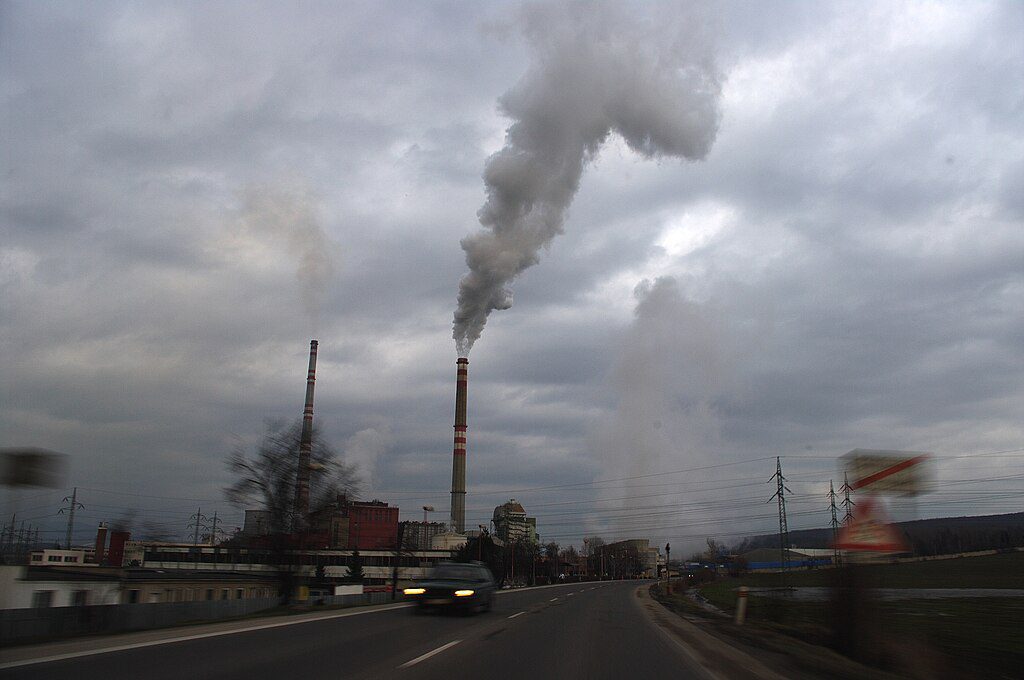A dozen environmental and health groups filed a lawsuit on July 31, 2025, challenging the Trump administration’s decision to delay methane pollution standards for oil and gas operations. The lawsuit, filed in the U.S. Court of Appeals for the D.C. Circuit, aims to overturn what the groups call an “illegal delay” of crucial environmental protections.
The EPA under Trump Administrator Lee Zeldin pushed back compliance deadlines for the 2024 methane standards by up to 18 months. The agency also delayed the deadline for states to submit plans to reduce emissions from existing sources by 10 months.
The environmental groups argue that the EPA violated federal law by issuing this “interim final rule” without allowing public comment before it took effect. The lawsuit claims this lack of transparency runs counter to requirements in the Administrative Procedure Act.
“The Trump administration has displayed contempt for the law by ignoring the requirement for public input and hastily issuing a rule that gives the oil and gas industry a pass to pollute,” said Alexandra Schluntz, Senior Attorney at Earthjustice, one of the groups involved in the lawsuit.
On August 18, the groups filed a motion for summary vacatur, asking the court to cancel the delay rule immediately and restore the original standards.
The Cost of Delay
According to the EPA’s own analysis, the delay will prevent the reduction of 3.8 million tons of methane, 960,000 tons of volatile organic compounds (VOCs), and 36,000 tons of toxic air pollutants between 2028 and 2038.
Methane is a potent greenhouse gas with 80 times the warming power of carbon dioxide over a 20-year period. It contributes to about one-third of global warming experienced to date. Oil and gas operations are the largest industrial source of methane pollution in the United States.
The 2024 methane standards, finalized in March 2024 after extensive public input, included the first-ever requirements for existing oil and gas equipment, along with strengthened standards for new equipment. The rules required regular leak detection and repairs, limited routine flaring, and created a program to respond to “super-emitter” events.
Similar Posts
Industry Support and State Programs
Some large and independent oil and gas producers had previously supported federal methane regulations. Several states, including Colorado, Wyoming, Pennsylvania, and New Mexico, have already implemented similar methane controls.
“EPA’s move to delay long and thoughtfully planned methane standards goes against common sense and lacks a legal basis. Many companies have already made substantial progress toward implementing technology to reduce methane emissions, so delay will only benefit the worst actors in the oil and gas industry,” said Andres Restrepo, Senior Attorney at Sierra Club. “Delaying implementation simply gives a handout to the worst actors.”
The Center for Biological Diversity joined the motion for summary vacatur on August 18. “It’s outrageous that Trump’s EPA is delaying these lifesaving, climate-protecting pollution limits without giving people a chance to weigh in,” said Maggie Coulter, an attorney at the Center’s Climate Law Institute.
The court has not yet ruled on the environmental groups’ motion. If granted, it would immediately restore the original compliance deadlines for the 2024 methane standards.



















